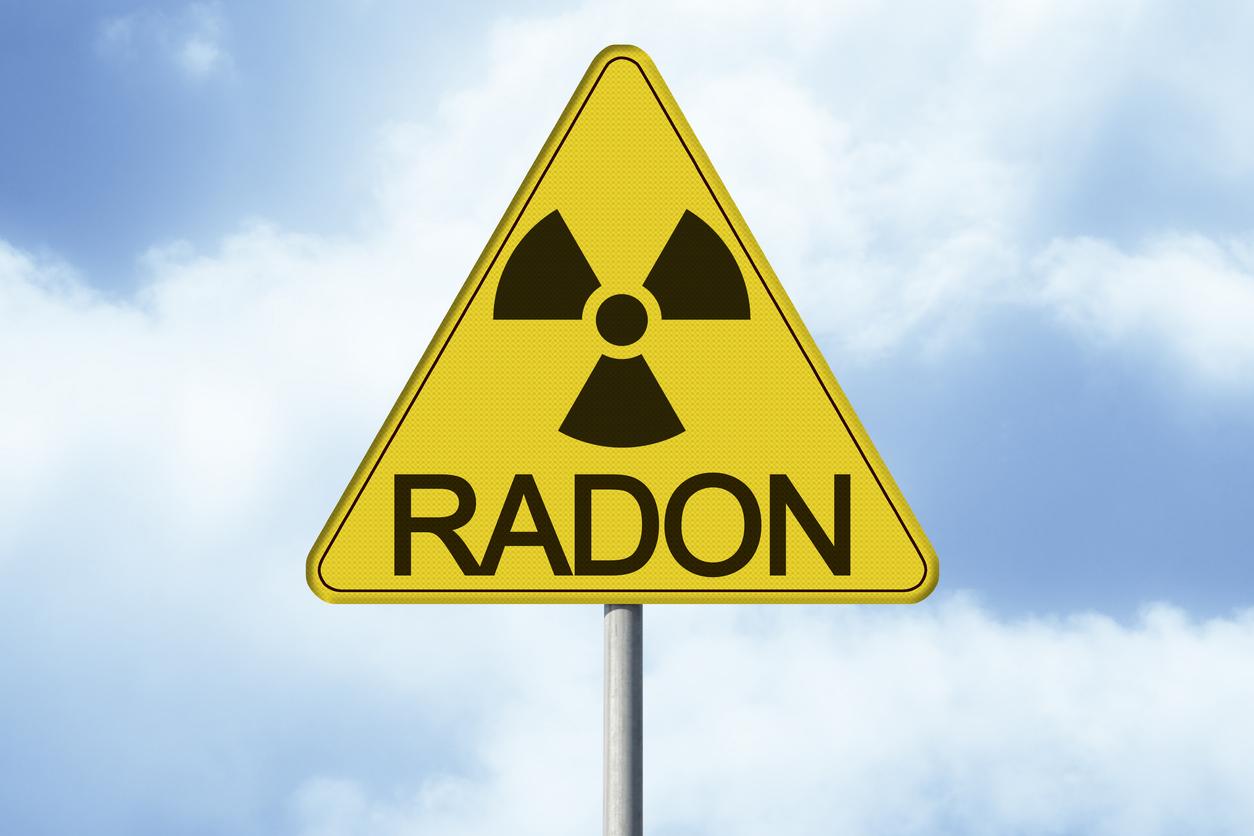The figures speak for themselves: 5 years after the diagnosis of cancer, 1 in 2 men and 4 in 10 women still suffer from sexual disorders – loss of pleasure, loss of desire, erectile dysfunction, lubrication disorders …
Worse: in the particular case of pelvic cancers (cervical cancer, endometrial cancer, bladder cancer or ovarian cancer, for example), 80% of patients report a sexual life “unsatisfactory2 years after diagnosis.
“The issue of sexuality in cancer patients is not anecdotal: it is a real subject that affects the quality of life of patients, and yet is too often taboo.“says Dr. Marion Aupomerol, gynecologist at the Gustave Roussy cancer center (94).
Moreover, the World Health Organization (WHO) affirms it: sexual health “integral to overall health, well-being and quality of life“. Which means that taking an interest in the quality of the sex life of cancer patients is as important as taking care of their pain or psychological distress.”Taking care of the sexual health of patients is part of supportive care” sums up Dr. Pierre Bondil, surgeon-urologist and sexologist at the Center hospitalier Métropole-Savoie (73).
Sex life on hiatus due to illness (and its repercussions)
“About a third of cancer patients are no longer (or not) interested in sex during their treatment, and they are living it wellnotes Dr. Pierre Bondil. But a majority of individuals and couples, including the elderly, are still sexually active.“
However, an active sex life can be physically disrupted by cancer and treatments. So :
- in both men and women, Sexual disorders are mainly related to surgery: for example, operations on the tongue or the jaw (often necessary in the case of ENT cancer) cause speech difficulties, loss of sensation when kissing, and can alter the voice. In the case of pelvic cancers, lymph node dissection associated with radiotherapy can lead to the appearance of edema in the legs and in the genitals. Not to mention chemotherapy and radiotherapy which induce significant side effects (nausea, vomiting, fatigue, hair loss, etc.) altering desire.
- in women, mastectomy (in case of breast cancer) causes pain. For pelvic and genital cancers, cystectomy (which involves partial or total removal of the genitals) and vulvectomy (which involves the full or partial removal of the vulva) also disrupt sex life. Radiotherapy, chemotherapy and brachytherapy, on the other hand, can cause vaginal dryness, narrowing of the vagina and/or dyspareunia, ie pain on penetration. Finally, hormonal treatments cause premature menopause – with decreased desire and vaginal dryness.
- in man, Surgical treatments for prostate or bladder cancer can cause erectile dysfunction, even ejaculation disorders. Radiation therapy can also reduce erectile function and even cause pain during ejaculation.
Beyond the purely “mechanical” impact of treatments and disease on sexual life, cancer can also profoundly alter self-image: “women often fear that they have lost their ability to seduce. The feeling of being less desirable and wanted feeds a fear of being abandoneddescribes Eliane Marx, psychologist and sexologist in Strasbourg (67). In men this fear is there too, fueled by the fear of losing their virility and being unable to provide pleasure again.“
“When you suffer from cancer, your sex life is disrupted on several levels, summarizes Dr. Marion Aupomerol. The diagnosis of the disease has a heavy psycho-emotional impact since it generates anxiety, stress, fear and a feeling of vulnerability: then there are the side effects of the treatments.“
How to preserve your sex life when you suffer from cancer?
- Get help from a professional
It’s a fact: it’s not necessarily easy to talk about your sex life with a health professional…”The question of sexuality is only rarely addressed in consultation, both because patients fear to “disturb” caregivers with this subject still too often considered “anecdotal”, but also because caregivers are not necessarily trained (therefore at ease) on this subject. Not to mention the lack of time” develops Dr. Marion Aupomerol.
Thus, according to a survey carried out in June 2021 among 521 patients (over the age of 40) suffering or having suffered from cancer, the question of sexuality was never addressed by the healthcare team for 73 % of patients during medical treatment.
“The gynecologist (medical gynecologist or gynecological surgeon) and the urologist are specialists in intimate life: they do not only deal with “genital mechanics”, they are also able to answer patients’ questions about their sex life. !remarks Dr. Pierre Bondil.
Thus, for the “physical” side effects of the treatments (vaginal dryness, erectile dysfunction, etc.), drugs can be prescribed: “there are local treatments, laser, injections… it’s not inevitable, you have to talk about it with your doctor!“says Dr. Bondil.
- Don’t shut yourself up
Cancer or not, communication remains the key to a fulfilling sex life: “the person with cancer may be tempted to withdraw into themselves, so as to “not disturb” or “not annoy” their partnerexplains Eliane Marx. However, the lack of communication between partners is potentially a source of painful frustration, misunderstanding, distress or isolation.“.
Hence the need to share your emotions, your fears, your doubts… with your partner. “The dialogue makes it possible to become better aware together of the possible consequences of the disease, to choose the questions to ask the health professionals, to apprehend the upheavals which are announced but also to avoid that, over the course of the test of the disease, one or the other feels rejected or ignored, and that everyone finds their place“adds the psychologist.
And this also applies to the partner who may experience a feeling of estrangement or insecurity. “If communication is difficult, it may be worth consulting a sex therapist or psychologist“says Eliane Marx.
- Reinvent your intimacy
Sex life isn’t just about penetration: kissing, caressing, masturbating, or (just) skin-to-skin contact also contribute to intimacy. “Touching, looking, body to body and listening help maintain this link, and this contributes to maintaining or resuming sexuality.“ underlines Eliane Marx.
Thanks to the ARC Foundation for cancer research.
Source : Safeguarding Your Sexuality (ARC Foundation)
Read also :
- We haven’t had sex since his prostate cancer.
- Sex: more than 10 partners increases the risk of cancer
- Oral sex, a risk factor for oropharyngeal cancer for men?


















